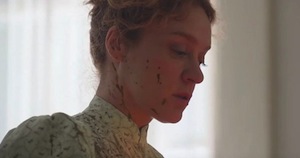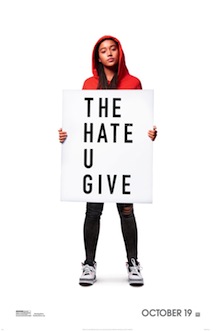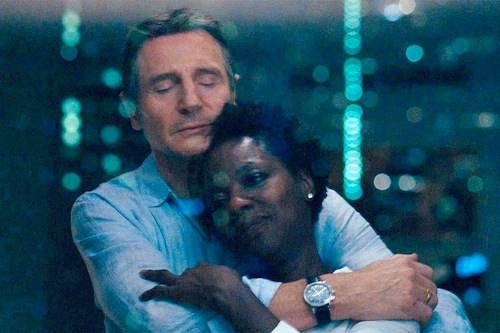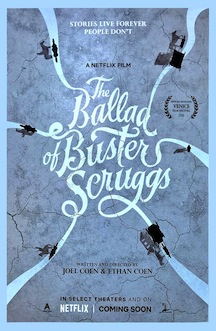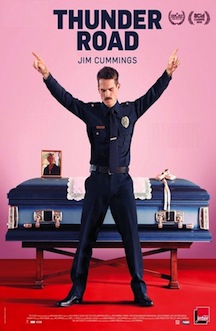Directed by Josephine Decker
Country: USA
Set in New York, Madeline’s Madeline is a riveting indie drama, glamorously handled by director Josephine Decker and superiorly acted by Molly Parker (Trigger), Miranda July (Me and You and Everyone We Know; The Future), and the gifted newcomer Helena Howard.
The film dives into the very personal world of 16-year-old Madeline (Howard), a medicated mulatto who finds an escape to the turmoils of her mind in the experimental theater. Madeline has a thorny relationship with her super protective, slightly paranoid, and emotionally unstable single mother, Regina (July). Her dreams and problems at home are frequently shared with the theater troupe’s director, Evangeline (Parker), whom she entirely trusts. At least, until Madeline realizes that the play they were working on was entirely about her own life experiences.
Combusting with a sharp focus on character, the film fiercely aims to the senses, bringing off a powerful effect through the combination of Ashley Connor’s camerawork, whose dynamic lens often gets out of focus and captures slow-mo sequences, and Caroline Shaw’s pertinent score. It provides a sort of surreal, ritualistic experience where suspense abounds.
In addition to the dreamlike tones created, which feel intriguing and disorienting, there is a furious earthly side well rooted in reality. The scene where Madeline is caught by surprise with the unexpected arrival of Regina when she was watching porn with neighbor friends or the one that illustrates physical aggression from daughter to mother are simply breathless and packed with emotional upheaval.
Madeline’s Madeline is likely the most gratifying indie movie of 2018. I definitely urge you to check it out.





